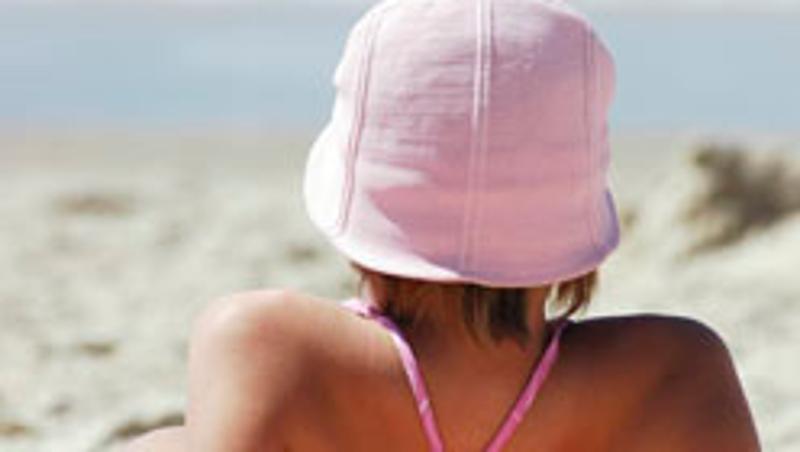
Why do so many people still fail to take precautions in the sun, despite knowing that skin cancer can kill?
That's the key question researchers from the Queensland University of Technology (QUT) are investigating in a national study that aims to find new ways to encourage adolescents and other sun-lovers to turn away from the tan.
The psychology research will examine the influences and motivators behind sun safe behaviour - or the lack of it - during a three-year study involving adults and teenagers.
The project is being done in collaboration with Cancer Council Queensland and expected outcomes will include new online and in-classroom education campaigns.
Skin cancer accounts for approximately 80% of all new cancers diagnosed annually in Australia.
The increasing incidence of melanoma, coupled with the continued desirability of a tanned "healthy" appearance, means that measures to reduce sun exposure and increase sun protection are paramount.
Lead investigator Dr Katherine White, from QUT's Institute of Health and Biomedical Innovation, said there was a big difference between people knowing why they should be sensible in the sun, and actually doing it.
"Given Australia's high skin cancer rates, there is still a vital need for research into why people do or don't practise sun safe behaviours such as wearing hats, sunscreen and protective clothing, and avoiding the sun during the middle of the day," she said.
"Interestingly, increasing people's knowledge and awareness of risk has not been shown to increase sun protection behaviour.
"Adolescents, for instance, collectively have high levels of knowledge and awareness of the risks of skin cancer, but still take fewer precautions in the sun. This age group has been reported to intentionally use a low SPF sunscreen or deliberately expose themselves to the sun to obtain a tan."
The research team, which also includes QUT's Professor Ross Young and Cancer Council Queensland's Associate Professor Anna Hawkes, will focus on factors that influence behaviour.
"People's sun safe behaviours are likely to be influenced by group norms, such as what their peers and friends think, and also by image norms, such as tans being associated with being attractive," Dr White said.
"Our research is examining a number of different social influences, including media images.
"Carrying out sun safe practices is dependent on individual decision-making processes, so it's vital to understand people's motivations."
The second stage of the project will develop interventions targeted at both adults and adolescents.
Tactics to be investigated include empowering young people to challenge and change any unsafe behaviours in their own friendship groups, and designing campaigns to encourage other people their age to value sun safety.
The research will include surveying 400 adults, conducting focus groups, and trialling a school-based intervention program for 12 to 17-year-olds.
The project has been funded with a $229,000 Australian Research Council Linkage Grant.
Media contacts:
- Mechelle McMahon, QUT media officer, 07 3138 2130 or ml.mcmahon@qut.edu.au
- Dr Katherine White, lead researcher, km.white@qut.edu.au


